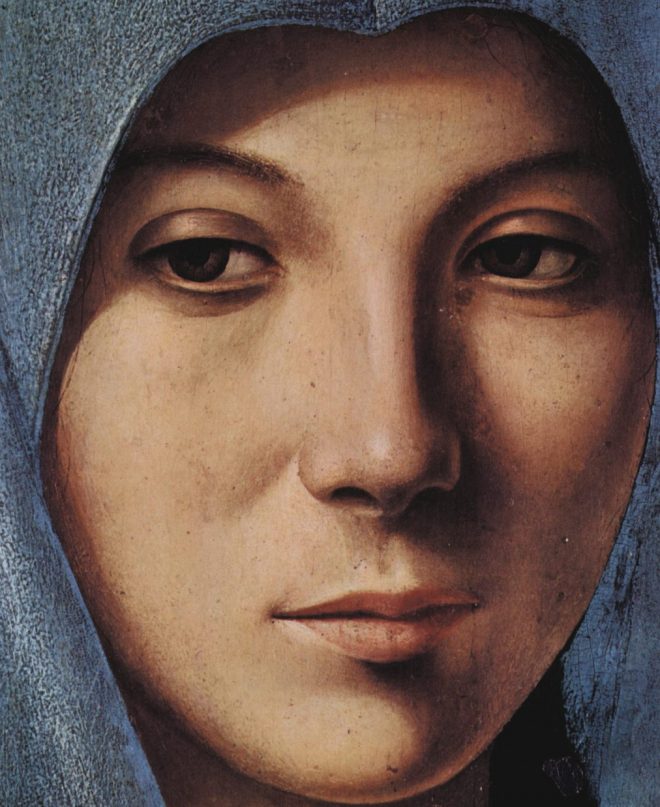“Van Thuan. Free Behind Bars” – A book that shows how true freedom lies within one’s heart
What is freedom?
It is difficult to answer this question in just a few paragraphs. It’s a question that has kept philosophers, thinkers, writers, poets, politicians, and religious figures busy for centuries. We will not attempt to define it ourselves. We will simply share with you a story about a man who was able to live with a free heart in an inhumane prison, amidst the contempt and torment of his torturers.
We are talking about Francois Xavier Nguyen Van Thuan, a Vietnamese priest who spent 13 years (9 of which were in solitary confinement) imprisoned – in unspeakable conditions – because his preaching of the Gospel upset the communist regime. Freed from captivity in 1988, he died as a cardinal and archbishop in September 2002. On May 4, 2017, the Congregation for the Causes of Saints venerated him for his heroic virtues.
A new dawn
Van Thuan. Free Behind Bars by Teresa Gutiérrez de Cabiedes, recounts his story, depicting those first months after his arrest as a nightmare. When he saw no way out, his faith wavered: the pain, desolation, and poor treatment to which he was subjected led him to want nothing more than to die.
Locked in a latrine 20 ft², isolated, in the dark, without fresh water, without clean clothes, without edible food, he was no longer himself. All that was left of him was an exhausted body, a clouded mind, and a finished life.
His persecutors didn’t want to kill him (they paid special attention to him). Rather, they wanted to alienate him, to drive him to despair, so that he would sign false declarations about himself and the Church. He refused, but in the meantime, he slowly faded away, waiting for the moment of his longed-for death.
Until suddenly, just when he was about to collapse, he cried out to God from the bottom of his heart.
In the putrid darkness of that sewer, huddled up, thin, dirty, and sick, a light penetrated his soul. So sharp, so strong, he thought he had just entered into Heaven.
At that moment an inner dialogue with the Lord began, which would lead him to a turning point.
That day, in fact, he understood that he had to trust in Go – to let Him use him even in a situation as incomprehensible and crazy as the one in which he found himself.
True freedom is that of the heart
At that point, Van Thuan was transferred to a labor camp with other prisoners.
The prison became his church, his fellow prisoners, his people. The jailers, he told, were loved by their Father in heaven, the dirty water in basins was the source of life, used to baptize those who decided to follow Jesus thanks to his clandestine preaching.
With his pure and simple way of loving – despite his anguish – Van Thuan was able to instill courage in those who had no hope. He spoke of a profound freedom – unknown to most – and of forgiveness as the only weapon to overcome evil. He invited them to not lose touch with Heaven – to believe in eternal life.
“I have a conscience, I have a soul: they can only have my body,” he told his companions, quoting a bishop martyred for his faith.
“Why sign a false statement?” he wondered. Why say he put his country in danger when it wasn’t true? To get out of prison and “live in freedom”?
True freedom, for him, was staying true to himself. He could have led a simple existence outside of the prison, but to do so he had to deny his priesthood.
He wouldn’t. He preferred to accept prison and be in that place not as a derelict, but as a beacon in the night.
Light shines in the darkness
While serving a sentence for crimes he had not committed, Van Thuan saved men from suicide, told stories to make his companions smile, consoled the weeping, embraced the afflicted, forgave his torturers, forgave sins of repentant hearts, secretly consecrated bread and wine (cunningly passed off as “stomach medicine”) and gave it to his Christian brothers.
In tents without light, he and his companions worshiped the “Light of the World.”
Those present, Christians and non-Christians alike, perceived a new presence before that Host. It was almost as if where the darkness is thicker, the light shines brighter.
The air changed, the anguish dissipated, peace filled the hearts of those desperate people. And many non-believers began to believe, going so far as to ask to be baptized. They gave thanks for having found themselves there in that very place.
Why read this story today?
The pandemic has put a lot of strain on us: grief, fear, economic crisis, loneliness…
It has been a sort of prison. We have become tired. We have lost faith in the future – in hope. And if it wasn’t Covid that stole our joy, it may have been other prisons in our lives that plunged us into despair.
By his example, Van Thuan reminds us that true freedom, the joy of living, faith in the future, and the ability to give ourselves to others are all possible even in seemingly desperate circumstances, because they are about the health of our hearts, rather than external circumstances.
There are no recipes for being authentic and free, but we can be wounded and still seek healing. This book enlightens us in this sense, and offers precious advice on how to heal internally and remain free even behind “our bars.”















